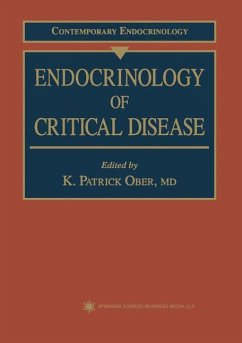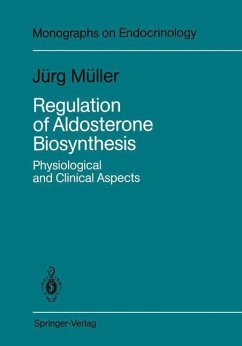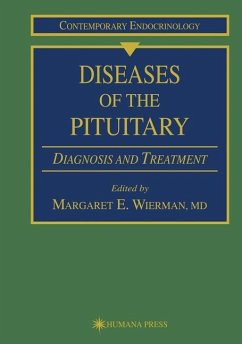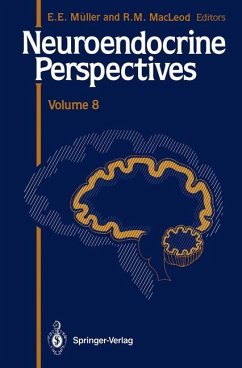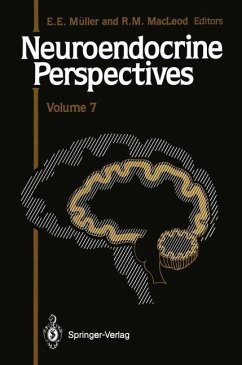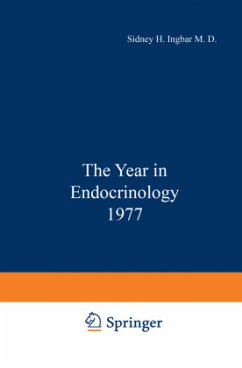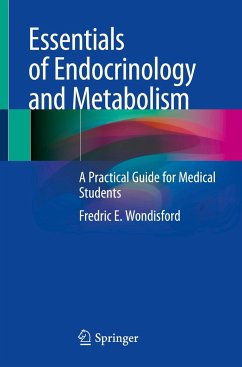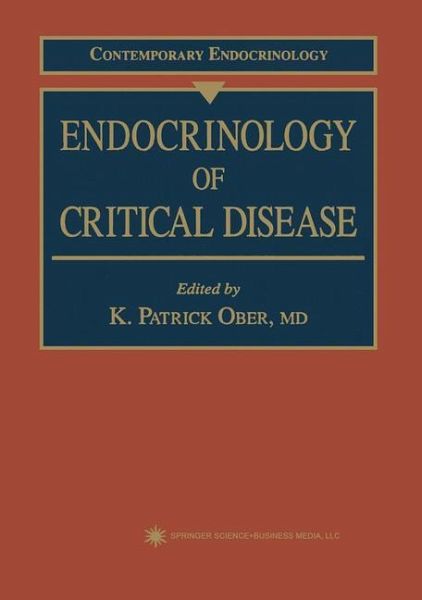
Endocrinology of Critical Disease
Versandkostenfrei!
Versandfertig in 6-10 Tagen
83,99 €
inkl. MwSt.

PAYBACK Punkte
42 °P sammeln!
Expert clinicians comprehensively review the endocrine and metabolic responses to critical illness, explore the mechanisms and outcomes (positive and negative) of those responses to severe stress, and consider possible endocrine interactions that are not yet fully defined. The contributors explain in detail the endocrine response to a multitude of critical illnesses, including cancer, liver failure, renal failure, trauma, burns, AIDS and other infections, starvation, cardiac disease, pulmonary disease, and organ transplants. The book offers significant basic knowledge of high clinical relevanc...
Expert clinicians comprehensively review the endocrine and metabolic responses to critical illness, explore the mechanisms and outcomes (positive and negative) of those responses to severe stress, and consider possible endocrine interactions that are not yet fully defined. The contributors explain in detail the endocrine response to a multitude of critical illnesses, including cancer, liver failure, renal failure, trauma, burns, AIDS and other infections, starvation, cardiac disease, pulmonary disease, and organ transplants. The book offers significant basic knowledge of high clinical relevance by collating and defining the numerous interactions of the endocrine system and critical disease states, by discussing the basic pathophysiological processes involved, and by reviewing the clinical relevance of such responses. Endocrinology of Critical Disease offers the practicing physician who cares for the acutely ill a tour de force survey of the responses of the endocrine system to critical illness, illuminating along the way the mechanisms at play and the outcomes (both positive and negative). The cutting-edge contributions collected here cover the endocrine response to a multitude of serious illnesses, including cancer, liver failure, renal failure, trauma, burns, AIDS and other infections, starvation, cardiac disease, pulmonary disease, and organ transplants. They also make clear how to distinguish beneficial endocrine responses from deleterious responses that may have a long-term negative effect on clinical outcomes.
Endocrinology of Critical Disease opens the door to a better understanding of the many clinical disorders that can trigger an endocrine response, the scope of these responses, and the effect of the endocrine response on the underlying disease process. The book will become an essential reference for today's critical care physicians, as well as all those who must treat increasingly complex medical disorders and deal with the severe illnesses of patients under intensive care.
Endocrinology of Critical Disease opens the door to a better understanding of the many clinical disorders that can trigger an endocrine response, the scope of these responses, and the effect of the endocrine response on the underlying disease process. The book will become an essential reference for today's critical care physicians, as well as all those who must treat increasingly complex medical disorders and deal with the severe illnesses of patients under intensive care.



